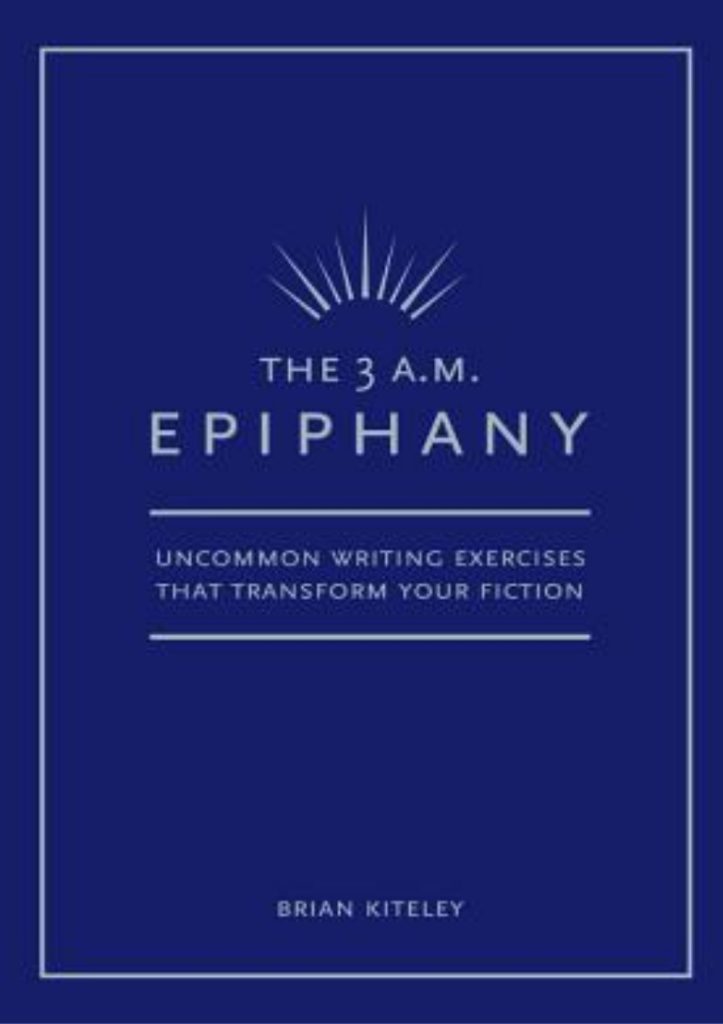
A fairly straightforward exercise from The 3 A.M. Epiphany: to write a short scene centered around a memorable article of clothing. The goal is to focus on the ways clothing describes the people that wear it — their class and status, profession, goals, awareness of self. For all that it is a simple idea, it is also a profound one, as clothing exists in 99.99% of fiction, in one form or another, and it always says something, be it about the characters, or the author.
The vest was beautiful. In the crowded street market, under the din of merchants hawking their wares, and customers arguing, it was hard to focus on anything. But this piece, placed on a stand most of the people walking the street could not afford to shop at, had caught Valen’s eye immediately, and held it. Dark blue, the color of Ocean’s mists, embroidered with glimmering golden thread. No pockets, no clasps. It was meant to be worn open, over a bare chest – a symbol of status and bravery.
He could appreciate the intent, though he knew how the nobility wore such clothing. They had no understanding of the subtlety that a tailor put into such simplicity. He had seen countless men buying vests like this one, and covering it up with chains of precious metals. They saw themselves as grand only when their wealth was on shameless display.
They couldn’t understand, because they’d never known poverty.
Valen looked down at his own vest. Simple, unembroidered. Good quality which said that it wasn’t handed down, but bought from a merchant with actual gemshards. Not shabby, for sure, but not exquisite either. A thief could not afford to dress gaudy, but neither could they afford to look like street vermin. Presenting as a beggar had its uses from time to time, but usually it closed as many doors, as the eyebrows that rich clothing raised.
If one wanted to be good at that profession, standing out for any reason was out of the question. Valen was a master at walking the middle road.
Still, his eyes lingered on the vest. He was no tailor, but he appreciated craftsmanship. And he remembered a childhood not nearly long enough ago, when any clothing had been a luxury. Doubly so, if it was bug-free. When roofs over your head were not a given, and a piece of sturdy cloth was the next best thing. The boy he had been back then had dreamed of palaces and riches, and the clothing to show it all off. He had probably lacked sufficient amounts of taste, that he would have draped all the precious metal and gems he could find all over himself, if he could.
Valen of today smiled. That had been before the gift of the leviathan. Before riches had become easy to acquire. More an excuse for the life he led, rather than its purpose. It was the challenge he now craved, and with that challenge came appreciation for the simple and understated. The craftsmanship of straight lines and bold cuts. It applied to the clothes he wore, as much as it did to anything else.
The merchant across the stall took his smile as encouragement, and launched into a sermon extolling the virtues of the cloth and skill that had gone into the tailoring of his wares. It was a prelude to asking for an exuberant price, of course, and Valen ignored it entirely. He had no use for this vest, could hardly imagine an occasion that would call for its understated elegance. And he had work to do.
In the end, he cut the man short, apologized for taking his time, and moved out of the way of another customer, this one actually interested in buying something. By the time he had made two steps into the thick crowd, he had been forgotten.
Which was just as well.
Thin tendrils of blue light – light only someone with Valen’s gift would see, and only if they were to look for them in the crowded market – wrapped themselves around the piece of clothing on the table behind him. He kept walking, but his senses were entangled with the manifestation of his power, and he could feel the smooth silk sliding against other vests and jackets, ignored by merchant, client, and passersby alike. The tendrils carried it between legs and flailing arms, passing it to each other through the crowd as they flared in and out of existence.
All the way to Valen’s waiting hands.
He wouldn’t get much use out of it. But he remembered that young boy, and how much he had wanted such a vest.
His smile returned. He kept walking.

